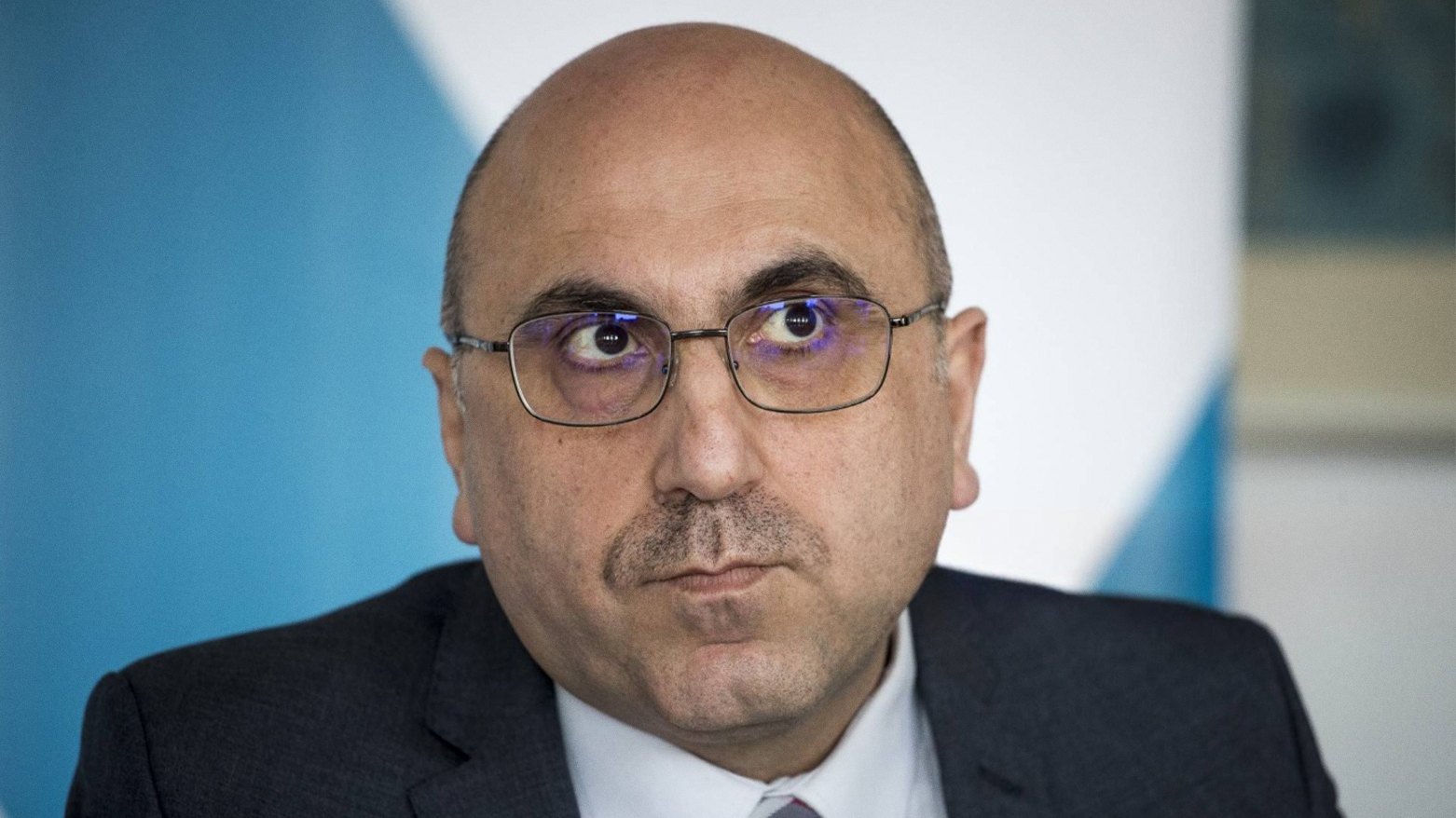SOHR Director: Despite Media Pressure, Violations in Syria—Against Kurds, Alawites—Continue Unabated
Syria's minorities faces ongoing rights abuses despite media cover-ups, warns SOHR director. Highlights kidnappings of Alawite women, 'Turkey's two-faced' Afrin policy, and suppression of dissent. Urges transparency as crimes against minorities persist amid Syria's conflict.

By Ahora Qadi
ERBIL (Kurdistan24) – Rami Abdulrahman, Director of the Syrian Observatory for Human Rights (SOHR), stated on Saturday that despite efforts by some Arab and Western governments to downplay or obscure human rights violations in Syria, crimes—particularly against the country’s Alawite community—continue to take place and must not be ignored.
The remarks came in response to a growing media campaign aimed at undermining the work of the Observatory, as international bodies slowly begin to acknowledge the breadth of atrocities being committed.
‘Violations continue—especially against the Alawite community’
“Some Arab and Western states are trying to conceal the violations happening in Syria, whether through media manipulation or diplomatic channels,” Abdulrahman said. “But the head of the United Nations Commission of Inquiry has admitted that abuses are ongoing, particularly against members of the Alawite sect.”
He referred to a recent Reuters investigative report that shed light on abductions of Alawite women and girls, a crime the director said had been trivialized in the public discourse by focusing solely on the widely circulated story of a girl who fell in love with and married a Sunni Muslim man.
“That one case was used to oversimplify and reduce the scale of the issue,” he added. “Meanwhile, the fate of dozens of abducted Alawite girls remains unknown. The Syrian Ministry of Interior must tell us who the kidnappers are and why they remain at large.”
On Afrin: Ankara holds the key
Regarding the ongoing situation in Afrin, the Abdulrahman stated that Turkey’s Foreign Minister is the only one capable of enforcing the agreements reached for the region. However, he accused Ankara of pursuing “a two-faced strategy.”
“On one hand, the government unleashes its electronic trolls to vilify the Syrian Democratic Forces and portray them as the enemy, and on the other hand, it engages in dialogue with them under the banner of Syrian nation-building,” he said. “If they wanted to, they could implement every agreement reached—but they choose duplicity.”
‘You can’t erase the truth with propaganda’
In the face of an intensified smear campaign against SOHR, the director accused Syrian government-linked digital platforms of attempting to whitewash the country’s reality.
“Even if their online trolls try to paint a rosy picture of Damascus, there are still international investigations—not just ours—being conducted. The war they’re waging against the Observatory is not ethical. It goes beyond political or legal disagreement. It’s part of their campaign to discredit our reports and serve their own agenda.”
He underscored that SOHR’s role is to monitor, document, and publish rights violations, not to promote positive narratives: “Our duty is to stop the violations—not to praise the perpetrators.”
Double standards and suppression of dissent
Abdulrahman also decried the suppression of free expression in Syria, pointing to the backlash faced by religious leaders who expressed moderate criticism of the government.
“Where is the freedom of opinion they always speak about?” he asked. “When the bishop of Mar Elias Church voiced a mild criticism that wasn’t even directed at Sunni Muslims, a campaign was launched against him. Even the Patriarch of the Eastern Orthodox Church was targeted.”
The Observatory warned that unless all sides commit transparently to peace and human rights, violations in Syria—including kidnappings, enforced disappearances, and targeted campaigns against minorities—will persist in silence.
He concluded that genuine state-building requires a culture of respect for dissenting voices and the acceptance of alternative viewpoints.